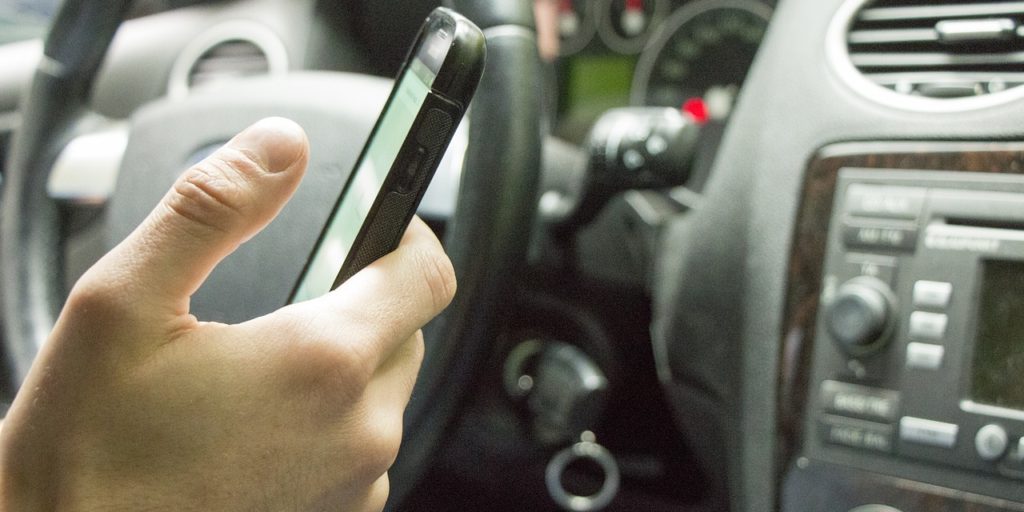- Waving a car through an intersection may have consequences - August 28, 2020
- The when, why and how of bifurcation - March 10, 2018
- Tougher distracted driver rules just down the road - January 10, 2018
In an attempt to rectify the growing issue of distracted driving, the province has pushed for stiffer fines for convicted drivers and will introduce an escalating penalty system which includes licence suspension, Toronto critical injury lawyer Salvatore Shaw says.
He says with the advent of new technology, it is easy to see how people may become inattentive while driving. However, using a device to talk, text, change playlists or map your destination while behind the wheel all count as distracted driving.
‘Serious consequences’
“Losing your focus on the road, even for a second, can have serious consequences to you and those around you. Driving demands our constant attention to the roadway,” says Shaw, a partner with McLeish Orlando LLP.
He says that although distracted driving laws have now been in effect for almost a decade, it remains the leading cause of road deaths in Ontario.
“In fact, deaths related to distracted driving in the province have increased for the fifth consecutive year,” Shaw notes.
So what exactly is it? In Ontario, pursuant to s. 78.1 of the Highway Traffic Act, you are not permitted while driving to:
- Operating hand-held communication and electronic entertainment devices such as iPods, MP3 players, etc.;
- Using a GPS unit;
- Operating a cellphone or
- Viewing display screens unrelated to your driving.
“In other words, as soon as a device goes into your hands, you have committed an offence,” Shaw says. “But you can still use any device that you don’t touch, hold or manipulate while driving, other than to activate or deactivate it. For example, you can use a cellphone with an earpiece, headset or Bluetooth to activate or deactivate a ‘hands-free’ function, but only if the device is mounted or secured.”
Pull off the road
Use of hand-held devices, even while stopped at a traffic light, is not permitted. If you want to legally use a device, Shaw says you must pull off the roadway without impeding traffic and park your car legally.
“However, you must be careful not to pull over on any highway, as it is dangerous to stop on the shoulder unless it’s an emergency,” he adds.
Currently, if a fully licensed driver is convicted of a distracted driving offence, they will receive a fine of $400 — plus a victim surcharge and court fee for a total of $490 — if settled out of court. If they receive a summons for a ticket, the fine goes up to $1,000 and three demerit points will be applied.
However, the above penalties will be subject to change as new legislation received Royal Assent earlier this year.
The fines for distracted driving will increase to $2,000 on a second conviction and up to $3,000 for a third conviction as well as six demerit points, Shaw says. “Novice drivers will receive a 30-day licence suspension on their first conviction, 60-day suspension on their second and licence cancellation on their third conviction, in addition to the fines.”
The message is clear — distracted driving endangers the safety of everyone on the road, he says.
“As harmless as it may seem to check your phone or send a quick text while waiting for the light to change, this type of behaviour puts not just you, but everyone around you at risk,” Shaw says. “If you are like many who find it difficult to disconnect from your phone, consider simply turning it off or putting it where it can’t be reached while driving.”

